Prevention Tips for the Common Cold

Emily Bush
Post written by Emily M. Bush, MD
Board Certified Physician in Pediatrics
Health Partnership Clinic
The common cold is the main reason that kids miss school and adults miss work. According to the Centers for Disease Control and Prevention (CDC), there are millions of cases of the common cold in the United States each year with adults averaging two to three colds per year and children averaging even more.
The common cold is a viral infection of your nose and throat and is usually harmless. Many types of viruses can cause the common cold, but Rhinovirus is usually the culprit. A cold virus enters your body through your mouth, eyes or nose. The virus can spread through droplets in the air when someone who is sick coughs, sneezes or talks. It can also spread by hand to hand contact with someone who has a cold, or by sharing contaminated objects such as utensils, towels or the telephone.
People usually get colds in the winter, but it’s possible to get a cold at any time during the year. Symptoms of the common cold usually appear one to three days after exposure to a cold causing virus.
Symptoms of a cold vary from person to person but may include:
- Runny or stuffy nose
- Sore throat
- Cough
- Congestion
- Slight body aches or a mild headache
- Sneezing
- Low-grade fever
- Generally feeling unwell
Here are a few tips to keep your kids healthy during the cold season:
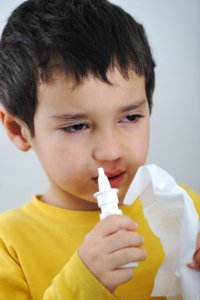 Have your kids wash their hands frequently, at home and at school. Kids often touch their mouths and faces. Make sure your kids wash their hands with soap and water before eating, after using the bathroom and when they come inside from playing. If soap and water aren’t available, you can use an alcohol-based hand sanitizer.
Have your kids wash their hands frequently, at home and at school. Kids often touch their mouths and faces. Make sure your kids wash their hands with soap and water before eating, after using the bathroom and when they come inside from playing. If soap and water aren’t available, you can use an alcohol-based hand sanitizer.- Disinfect your stuff. Clean your kitchen and bathroom countertops with disinfectant, especially when someone in your family has a cold. Wash your children’s toys periodically.
- Get active! Kids should get regular, moderate exercise to help boost their immune systems. Studies have shown that being active can help reduce cold and flu episodes.
- Get plenty of sleep. Children need between nine and 14 hours of sleep a day, depending on their age. Not getting enough sleep can weaken the immune system and increase the risk of getting sick.
- Eat a well-balanced diet. Provide meals for your children that include plenty of colorful fruits and vegetables to help boost their immune system. Avoid foods that are high in additives, preservatives and sugars.
- Decrease stress. Give kids plenty of down time for rest and creative play to help lower their stress levels and keep them from getting sick.
- Avoid sharing items that pass germs. Teach your children to never share straws, cups, hats, scarfs or anything that comes in to contact with their mouth and faces. These items can be a breeding ground for germs.
If you do catch a cold, most people will recover within seven to 10 days. People with weakened immune systems, asthma or respiratory conditions may develop serious illness, such as bronchitis or pneumonia.
You should call your doctor if your child has one or more of the following conditions:
- Symptoms that last more than 10 days.
- Symptoms that are severe or unusual.
- If your child is younger than three months of age and has a fever or is lethargic.
Remember to schedule regular checkups with your child’s health care provider. Pediatric appointments are available by calling 913-648-2266. HPC has a Pediatric Walk-In Clinic in Olathe that is open Monday through Friday from 7:30 a.m. to 12:00 p.m. No appointment is necessary.

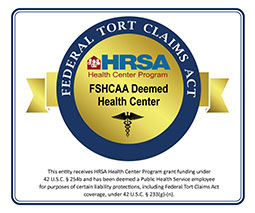
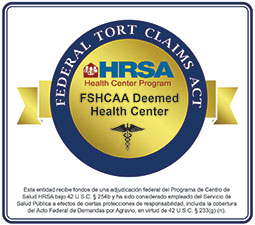
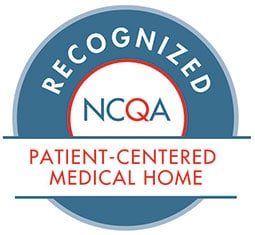
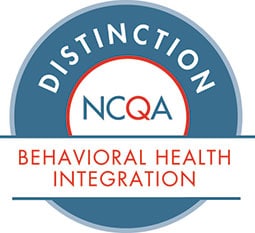


Thanks for the tips to avoid the cold!
I totally agree when you said that sharing items might pass germs. As you mentioned, children who come in contact with things like straws are some of the culprits in getting those germs. I guess that is the reason why my son has cold now. He might have gotten it from another kid who I saw shared a juice with him when we took him to a park.